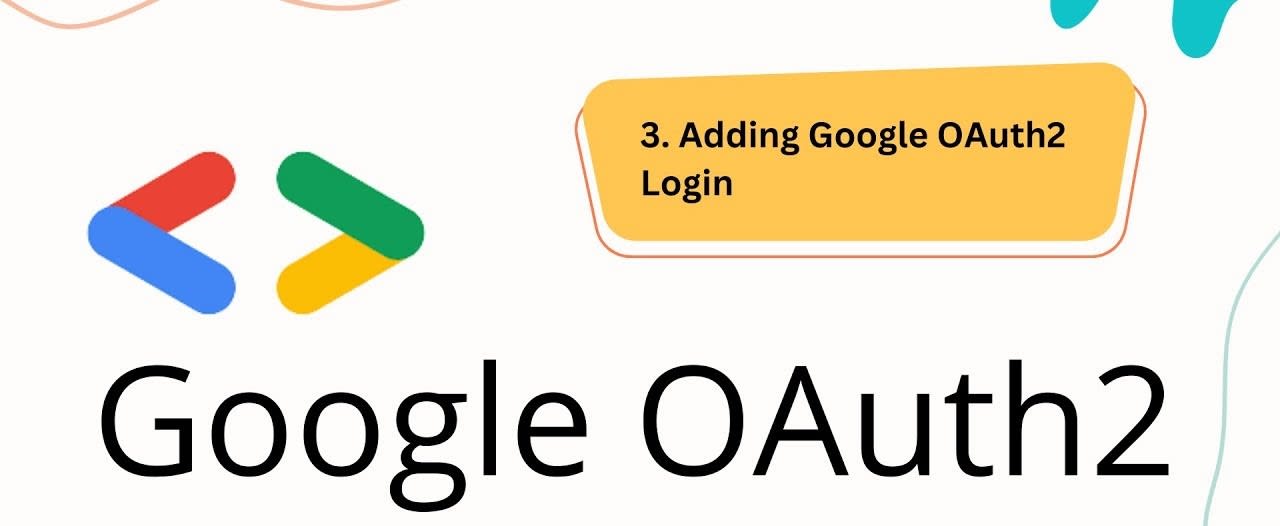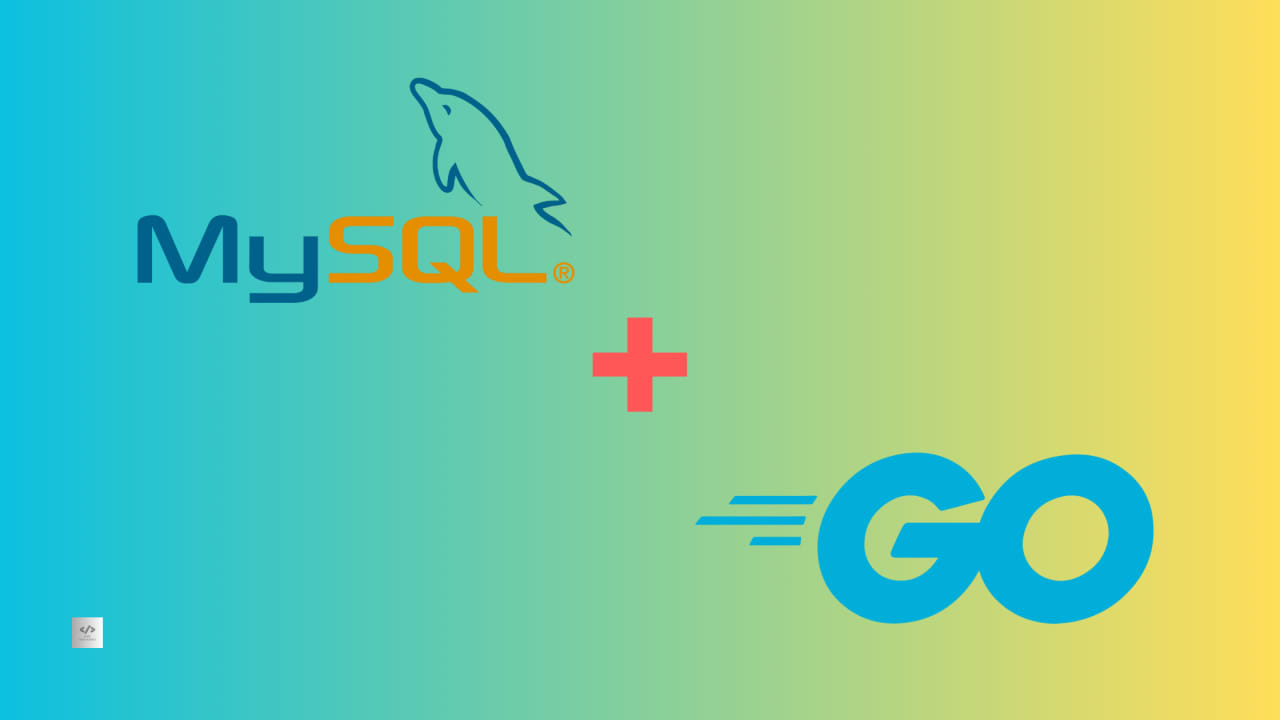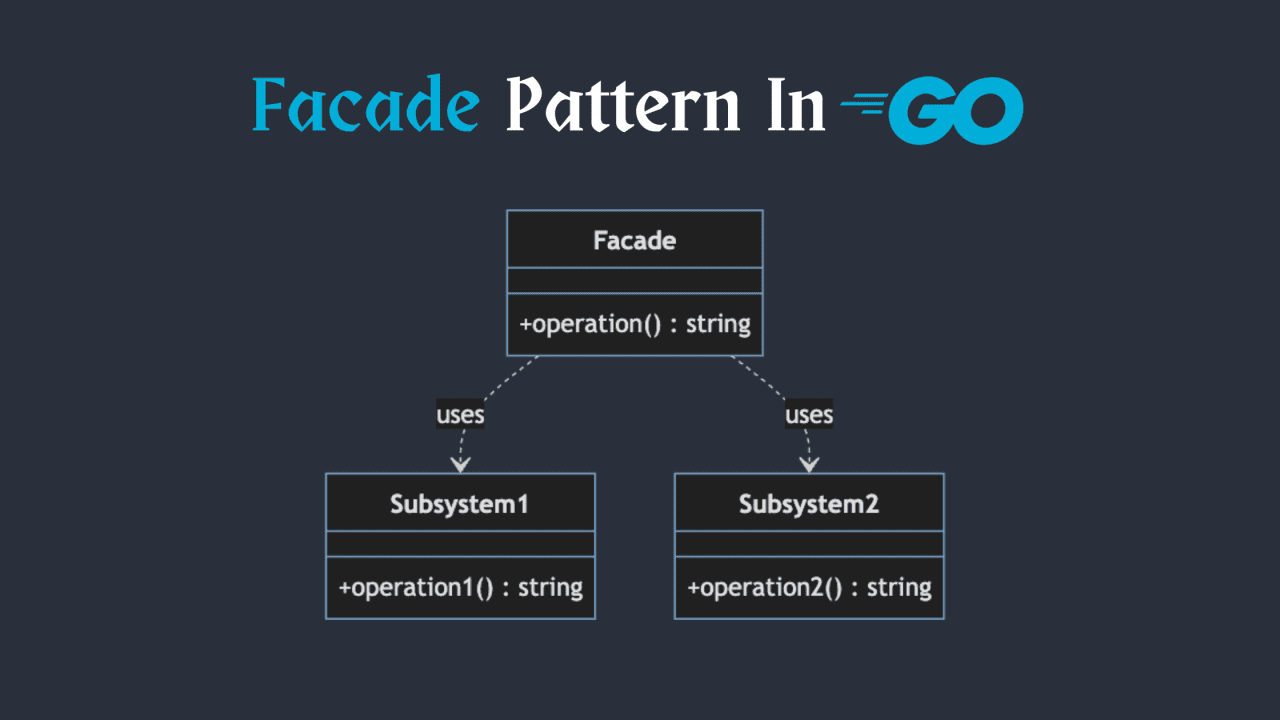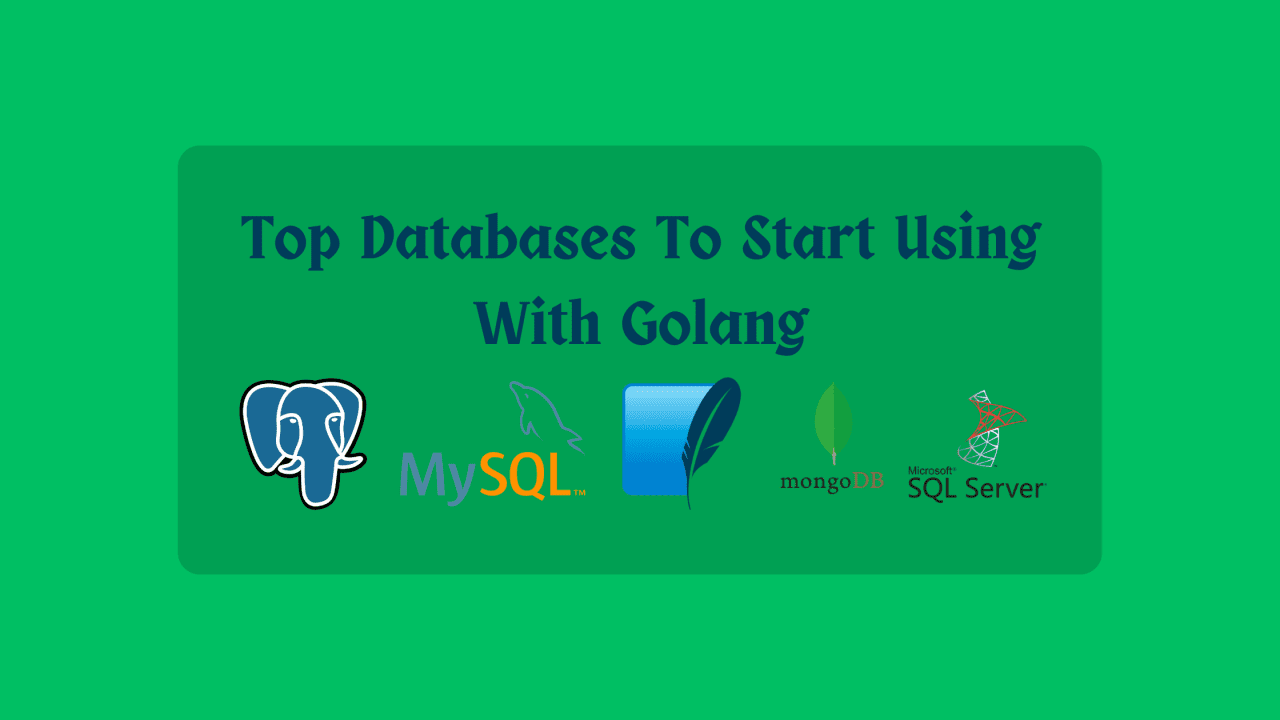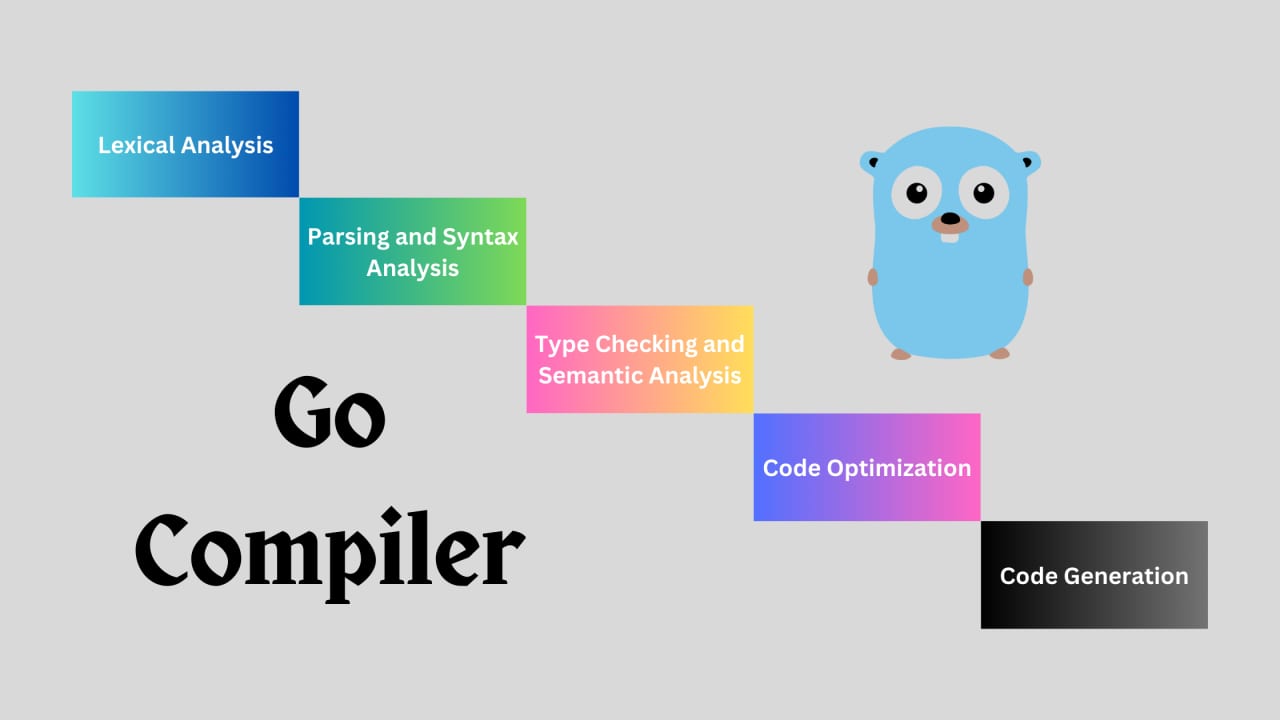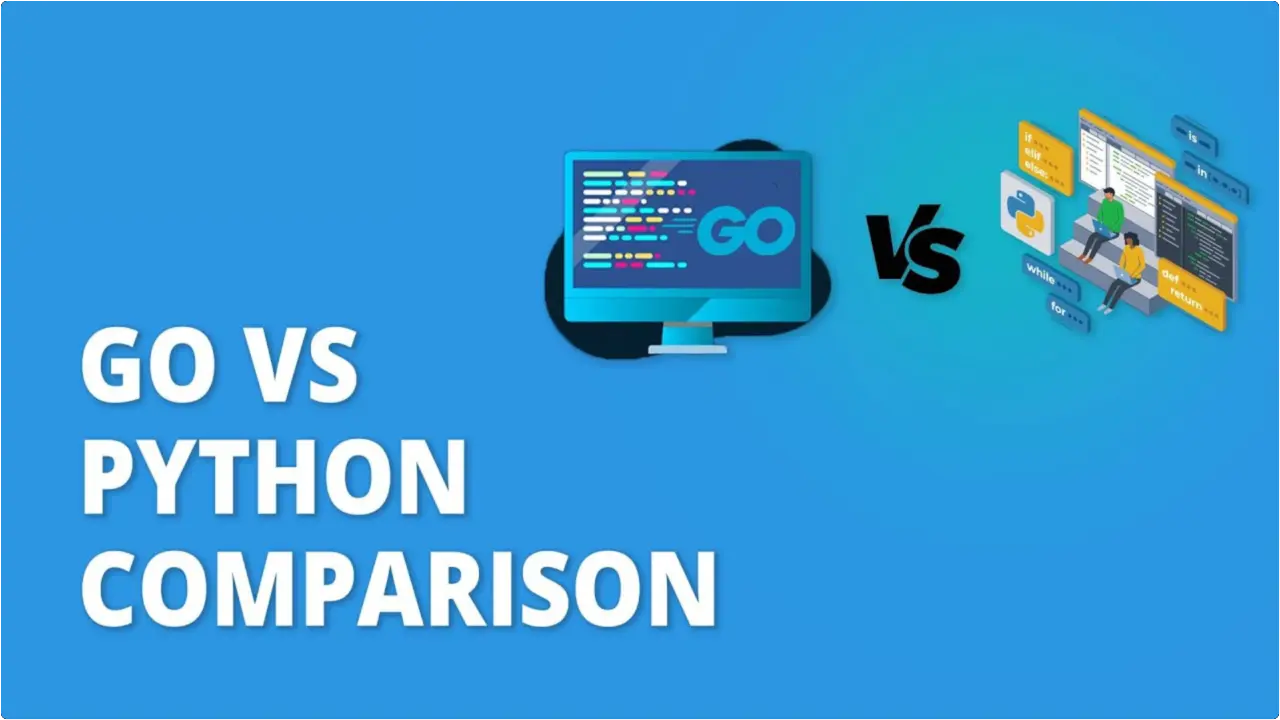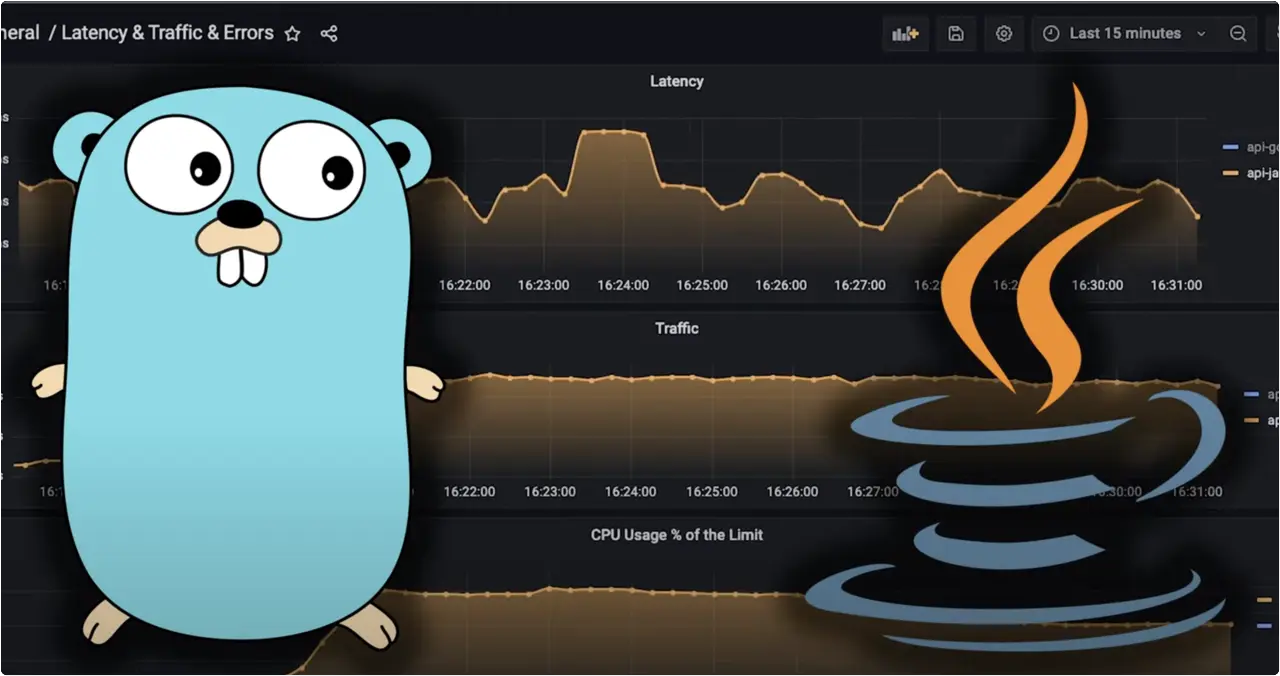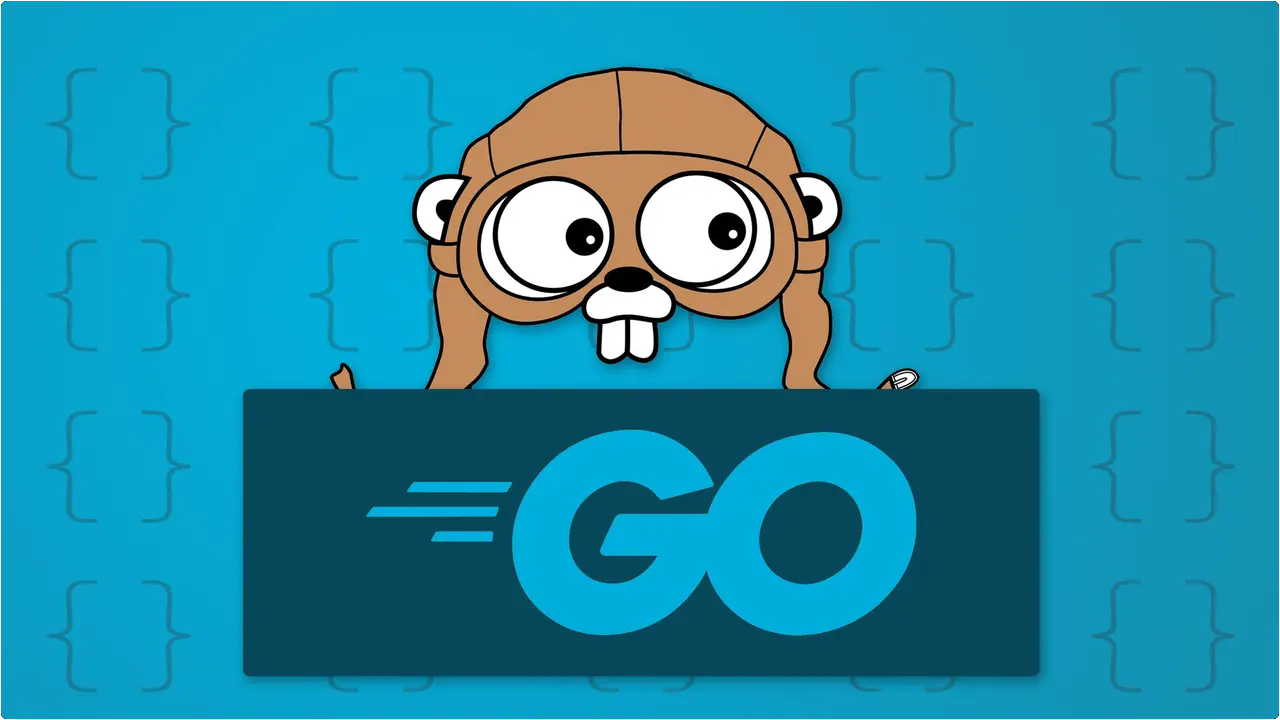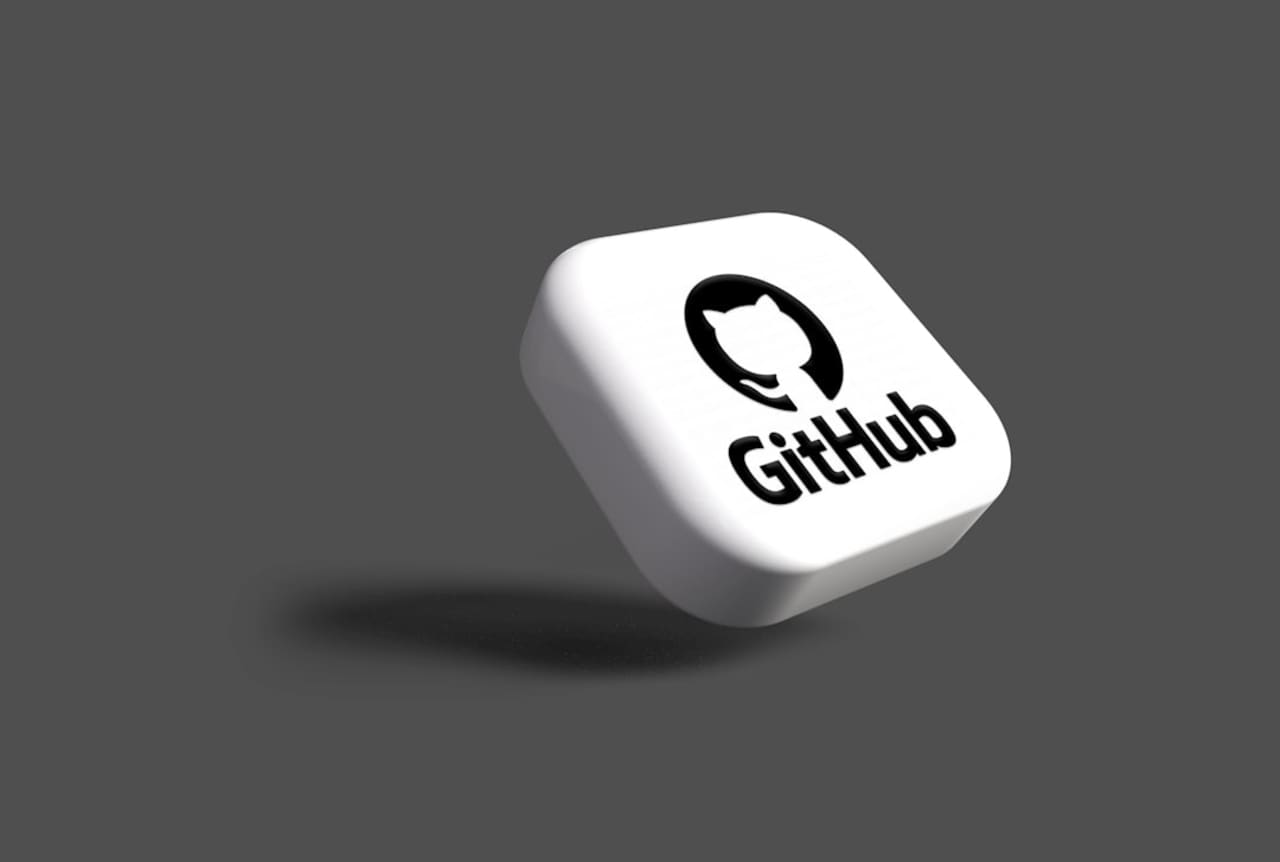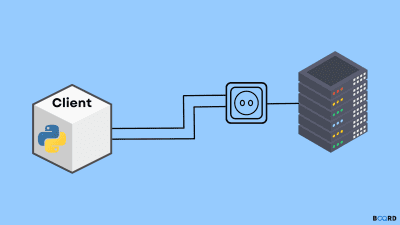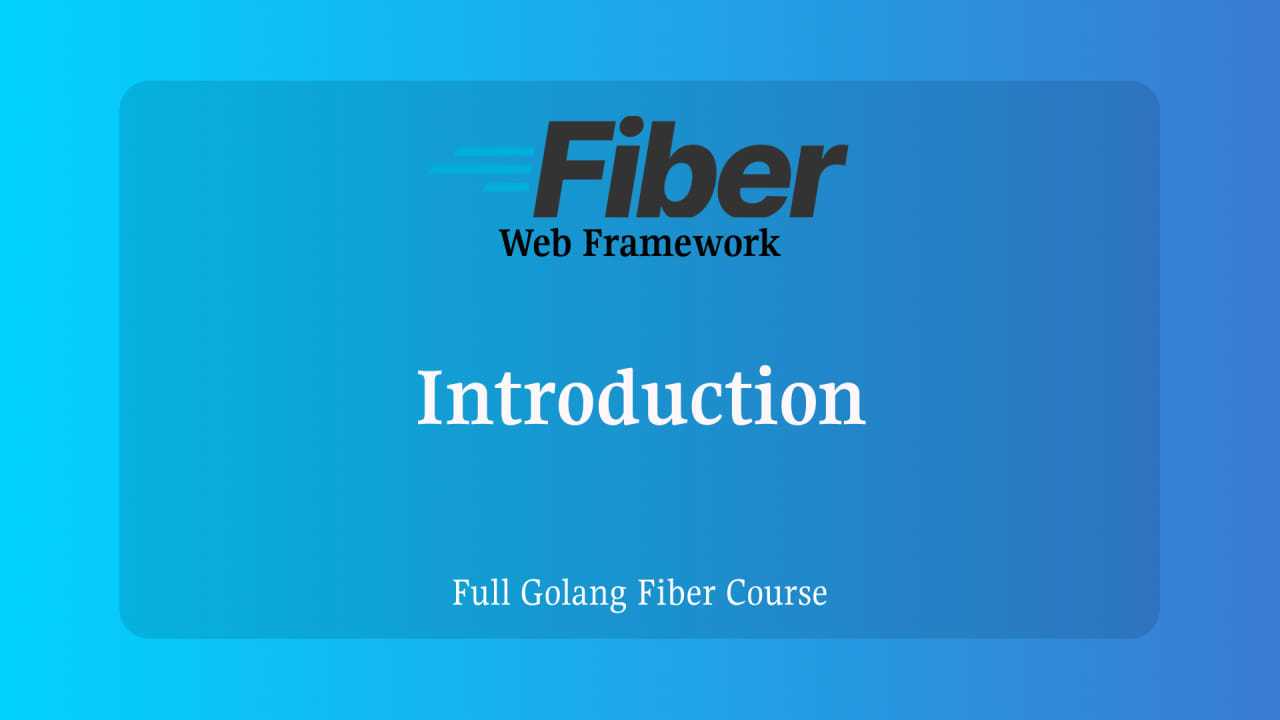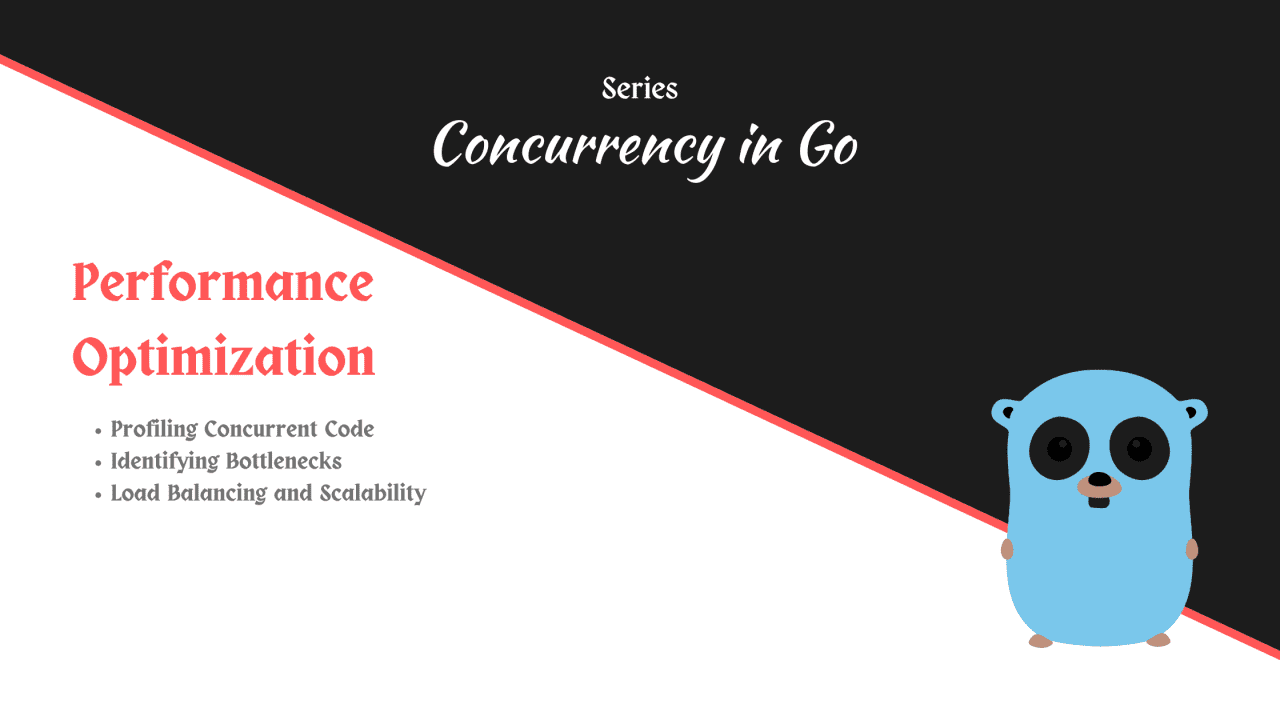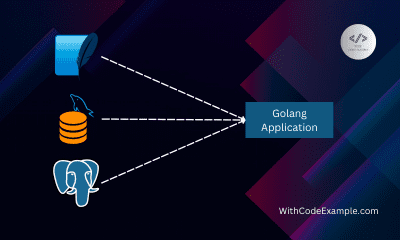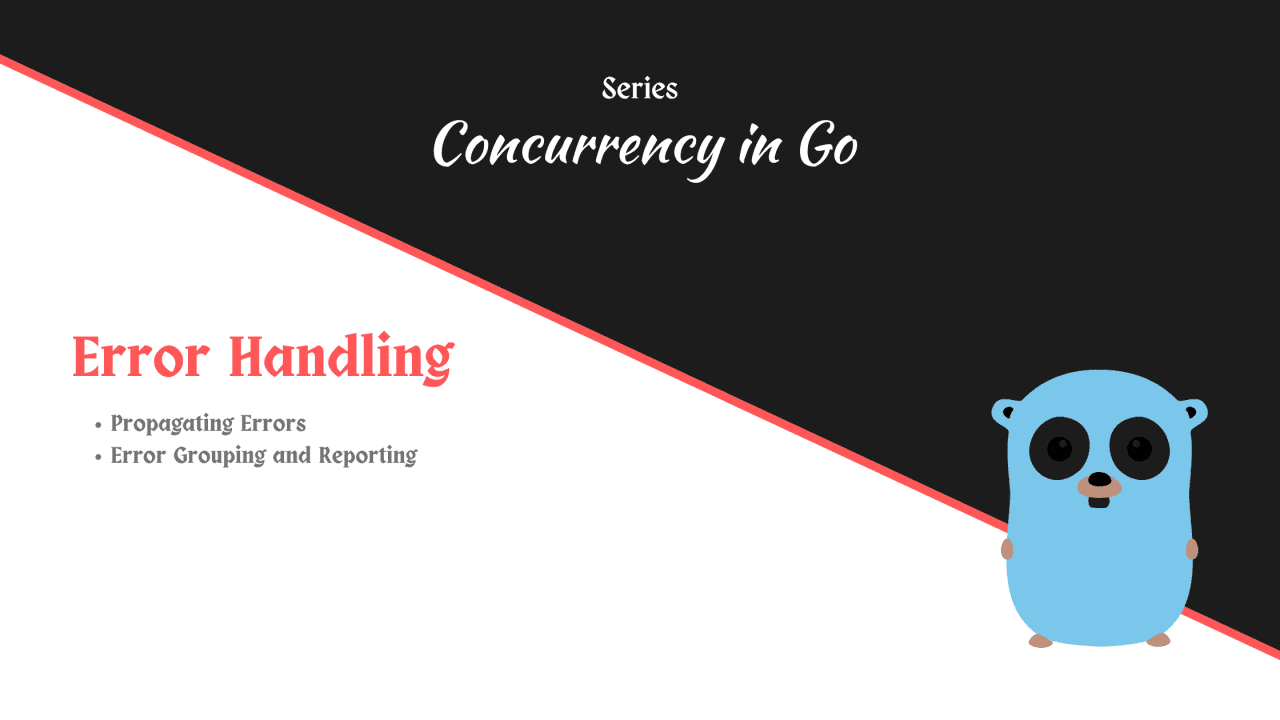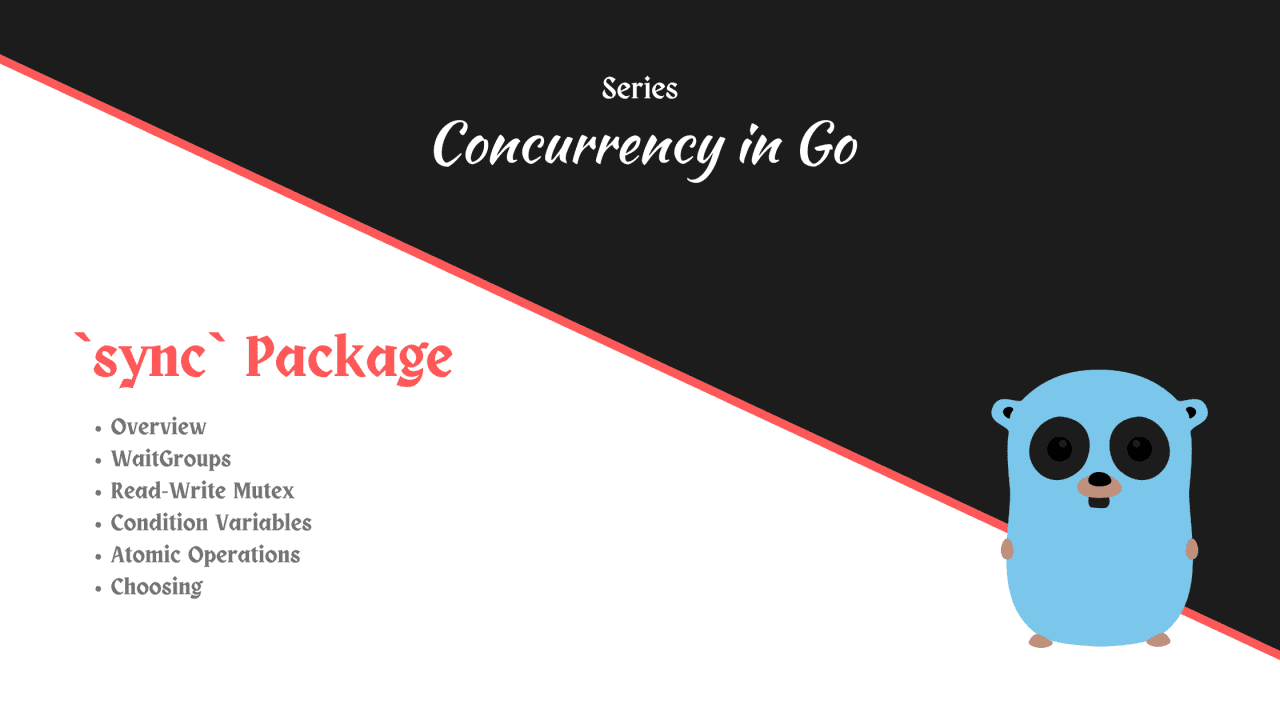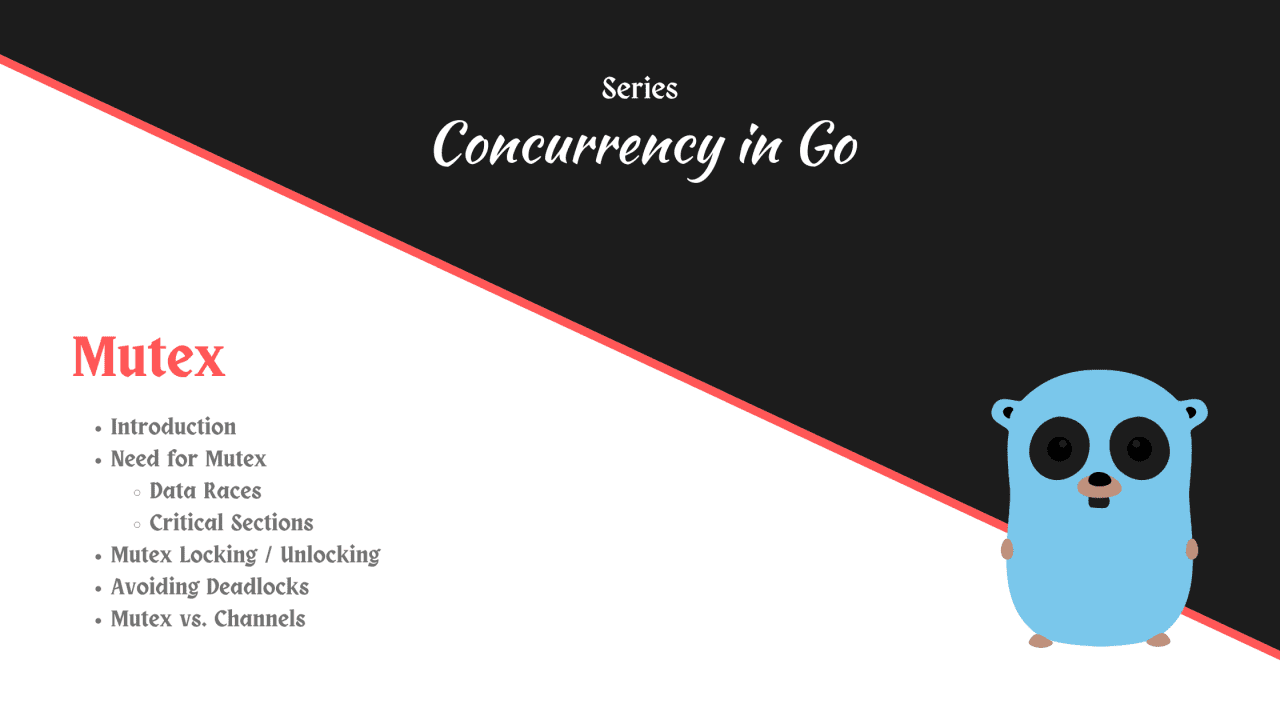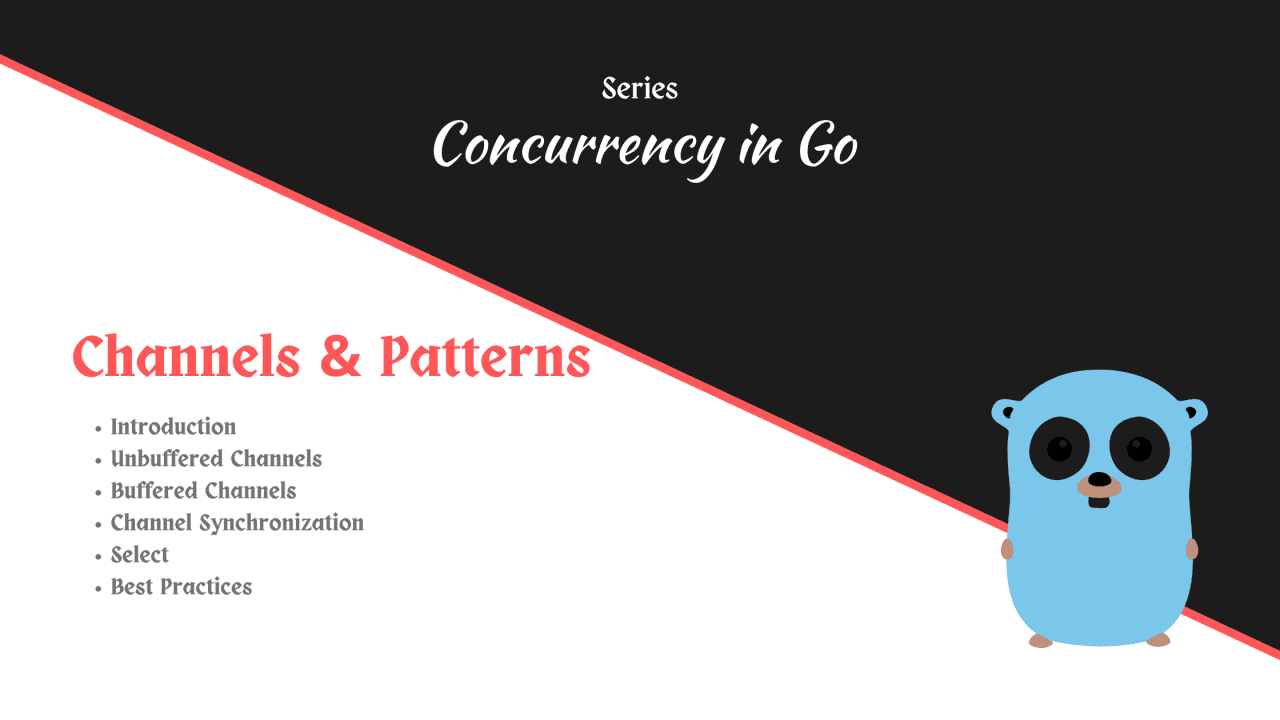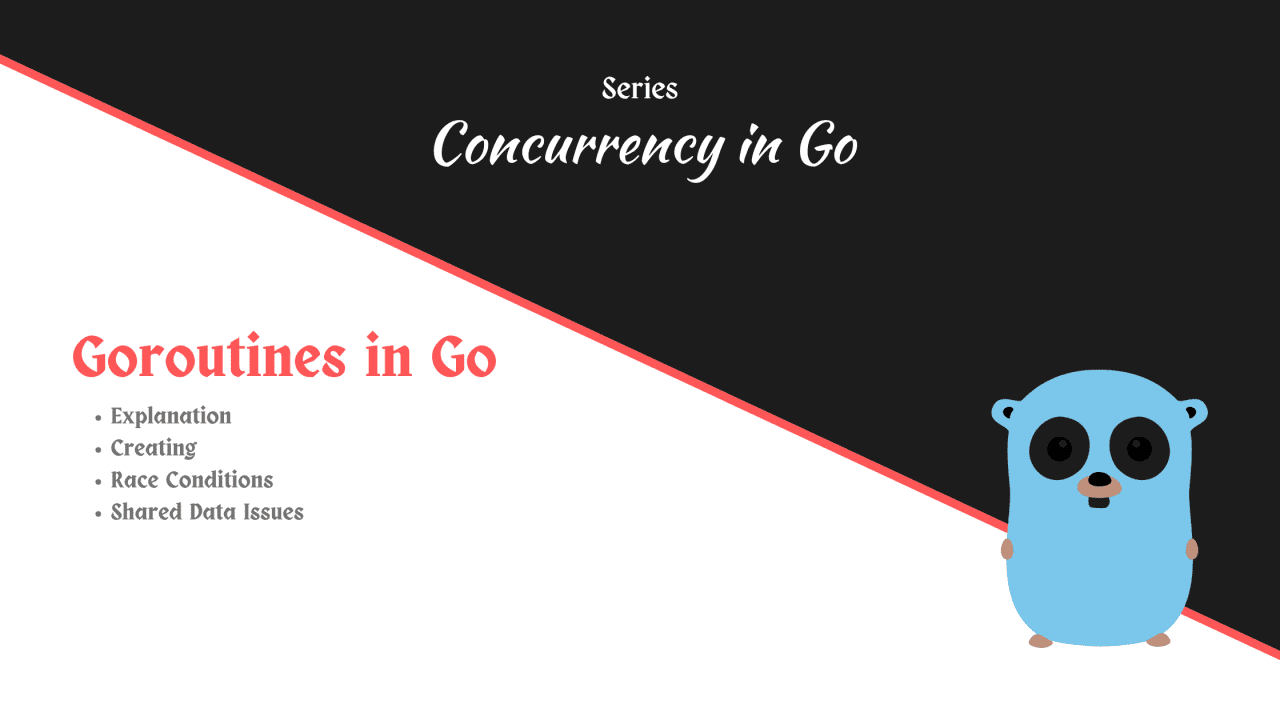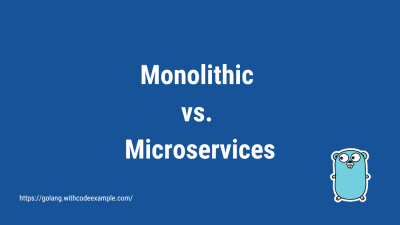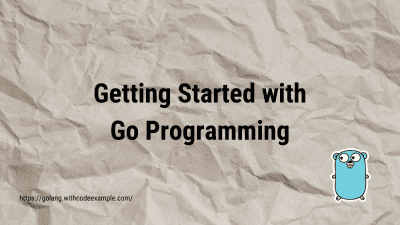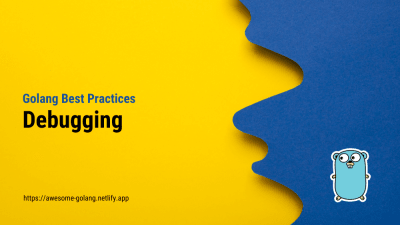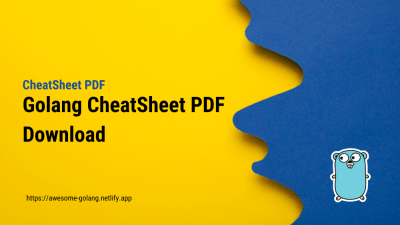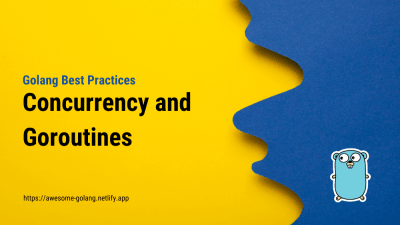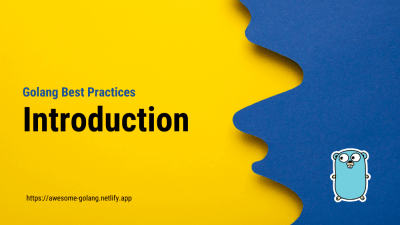
Chapter 8: Testing and Debugging in Gin
In this chapter, we’ll explore how to write unit tests for Gin applications, use effective debugging techniques, and optimize performance. This includes setting up a testing environment, writing tests for handlers and middleware, using logging, employing debugging tools, and profiling your application for performance improvements.

Chapter 7: Authentication And Authorization In Gin
In this chapter, we’ll explore the essential aspects of authentication and authorization in the Gin framework. This includes implementing basic and token-based authentication, using role-based access control, applying middleware for authorization, and securing your application with HTTPS and vulnerability prevention.

Chapter 6: Advanced Routing and URL Parameters in Gin
In this chapter, we delve into advanced routing and URL parameters using the Gin framework. We’ll cover how to create and use route groups, apply middleware, extract path parameters, work with query strings, handle static files, and use HTML templates.

Generics in GoLang: A Guide to Better Code Reuse
Generics have been a much-anticipated feature for Go developers, providing a means to write more flexible and reusable code. Generics allow functions, data structures, and types to operate with any data type while still benefiting from Go’s static typing and performance advantages.

Implementing NoSQL with Golang- A Step-by-Step Guide
Among the essentials of software engineering of the present age, there are two considerable qualities: adaptability and scalability. Enters NoSQL databasesand Golang, a dynamic duo which is on their way to change the world of developmentperpetually.
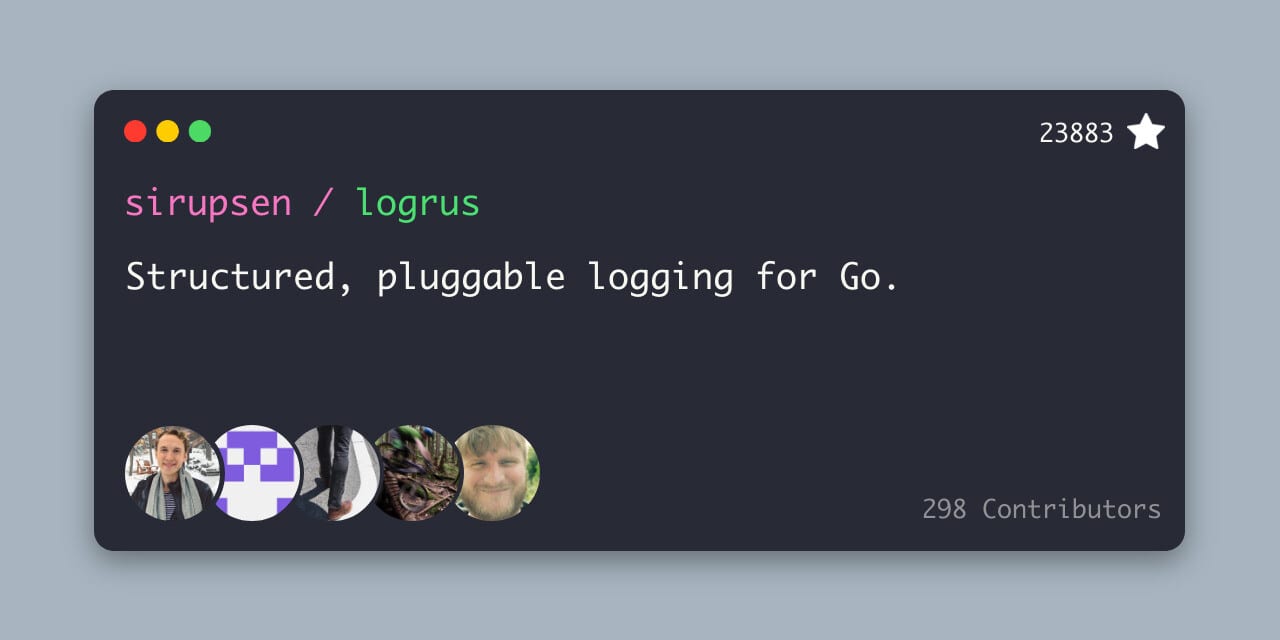
Simplify Your Debugging Process With Powerful Golang Logrus Features
In modern software development, effective logging plays a crucial role in understanding and monitoring application behavior. For Golang developers, Logrus stands out as a powerful logging library that offers a wide range of features and capabilities to enhance the logging experience.

Streamline Logging In Golang: Boost Performance And Debugging
Logging is an essential aspect of software development, aiding in debugging, monitoring, and understanding the flow of an application. In Golang, effective logging practices can significantly enhance performance and streamline debugging processes.
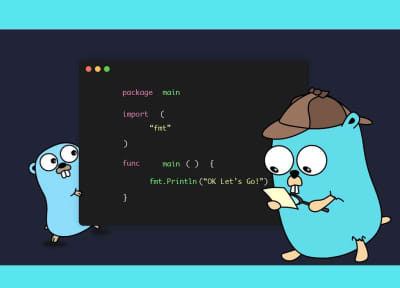
The Art Of Marshal And Unmarshal In Go
Welcome to the complex world of Go programming, where data serialisation and deserialisation take front stage. In the digital symphony of disparate systems, efficient marshalling and unmarshaling emerge as the unsung conductors, allowing for smooth communication, data storage, and dexterous handling of external formats.

Advanced Techniques for Code Optimization in Go
Go, also known as Golang, is celebrated for its simplicity, readability, and efficiency. While the language itself encourages clean and idiomatic code, there are various advanced techniques and best practices that can significantly enhance the performance of your Go applications.

Golang Redis: Building Efficient and Scalable Applications
The necessity for efficient data storage and retrieval has become critical in current application development. Enter Redis, a lightning-fast, open-source, in-memory data structure store that provides a reliable solution for a variety of application scenarios.

Golang GORM Hooks
In the dynamic world of GoLang development, efficient data management is crucial for building robust and scalable applications. GORM, a popular Object Relational Mapper (ORM) for Go, provides a powerful set of hooks that allow developers to intervene at various stages of the database lifecycle.
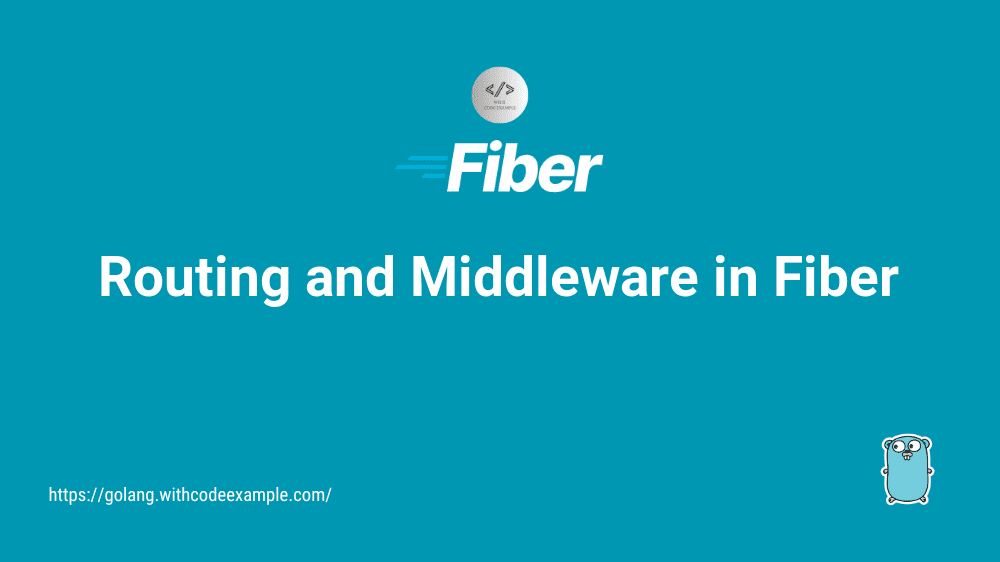
Routing and Middleware in Fiber Golang
In web development, creating a web application that effectively routes and manages various tasks is essential. Routing determines how incoming requests are handled, and middleware plays a pivotal role in performing tasks like authentication, logging, and request parsing.

Golang Garbage Collection: Memory Mastery
Download PDF Garbage collection, a fundamental process in modern programming languages, is the automatic management of memory resources. It ensures that memory occupied by objects that are no longer reachable or useful is reclaimed, preventing memory leaks and optimizing resource utilization.
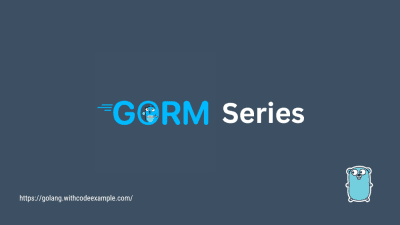
Seamlessly Integrating GORM with Go Web Frameworks
Download PDF Efficient data management is the backbone of every successful web application. GORM, the versatile Go Object-Relational Mapping library, pairs exceptionally well with popular Go web frameworks, offering a seamless integration that streamlines data interactions.

Hooks and Callbacks in GORM
Download PDF In the realm of database management, customization is key to crafting efficient and tailored workflows. GORM, the dynamic Go Object-Relational Mapping library, empowers developers with hooks and callbacks, offering a way to inject custom logic into various stages of the database interaction process.

A Guide to CRUD Operations with GORM
In the database management, CRUD operations are the backbone of applications, enabling the creation, retrieval, updating, and deletion of data. GORM, the powerful Go Object-Relational Mapping library, makes these operations a breeze by abstracting away the complexities of SQL statements.

Golang MySQL Database Libraries With Examples
Golang, also known as Go, has emerged as a preferred language for building robust and high-performance applications. When it comes to working with MySQL databases, Golang offers a range of powerful libraries that simplify database interactions and improve efficiency.
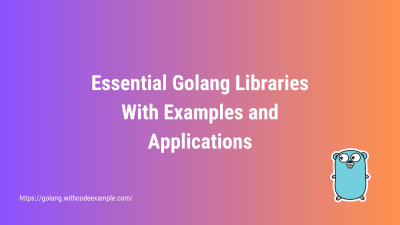
Essential Golang Libraries With Examples and Applications
Golang, also known as Go, has rapidly gained popularity among developers due to its simplicity, performance, and concurrency support. One of the key factors contributing to Go’s success is its rich ecosystem of libraries that streamline development and offer solutions to common challenges.
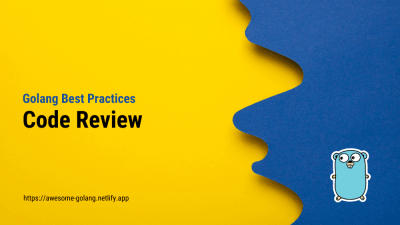
Continuous Improvement and Code Reviews
In the fast-paced world of software development, staying ahead of the curve is paramount. One of the cornerstones of achieving excellence in software engineering is the practice of continuous improvement, and a crucial tool in this journey is the process of code reviews.
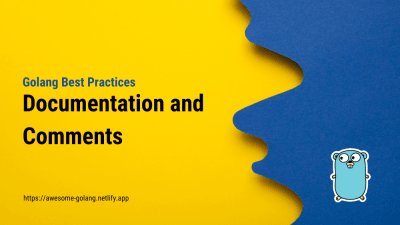
Documentation and Comments in Go
In the realm of software development, writing code is only half the battle. The other half revolves around creating clear, concise, and comprehensive documentation that not only aids developers in understanding the codebase but also serves as a roadmap for future development.

Memory Management in Golang - Safeguarding Efficiency and Stability
Memory management is a critical aspect of programming that directly impacts the performance and stability of applications. In Golang, memory management is handled by the built-in garbage collector, which automates memory allocation and deallocation.
Series
Tags
- Golang 104
- Golang Best Practices 15
- Go 14
- Database 13
- Fiber 12
- Programming 12
- Gorm 11
- Concurrency 10
- Gin 8
- Software Development 5
- Web Development 5
- Development 4
- Go Programming 4
- Coding 3
- Error Handling 3
- Gin Framework 3
- Postgres 3
- Sonarqube 3
- 2024 2
- Anonymous Functions 2
- Code Quality 2
- Comparison 2
- Containerization 2
- Docker 2
- Docker Compose 2
- Echo 2
- Go Libreary 2
- Golang Arrays 2
- Golang Logging 2
- Logging 2
- My SQL 2
- Programming Languages 2
- Redis 2
- Speed 2
- Tutorial 2





